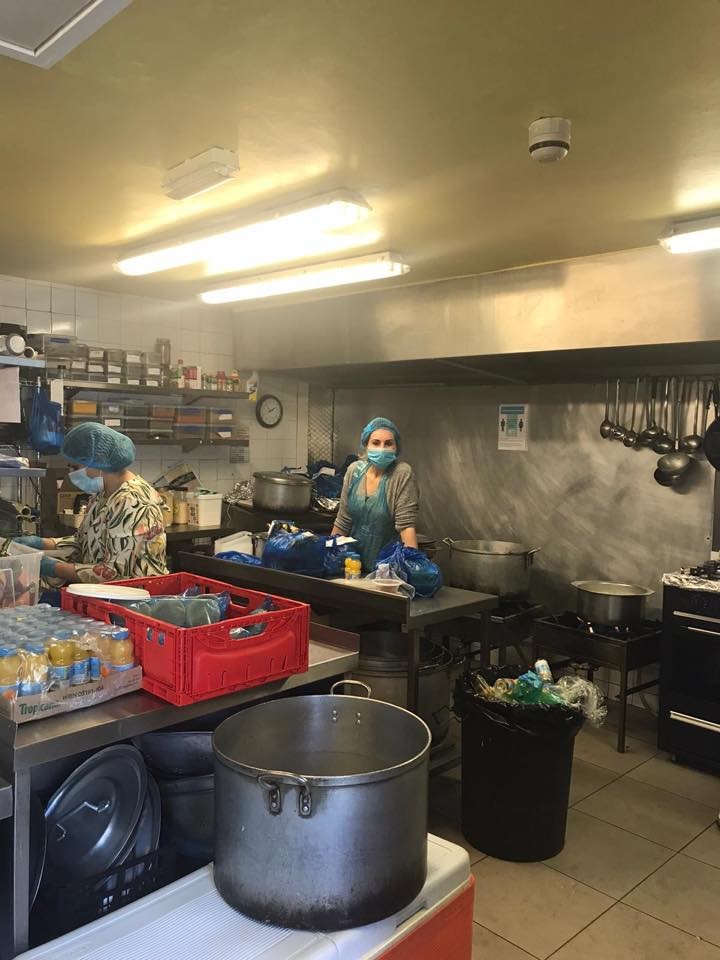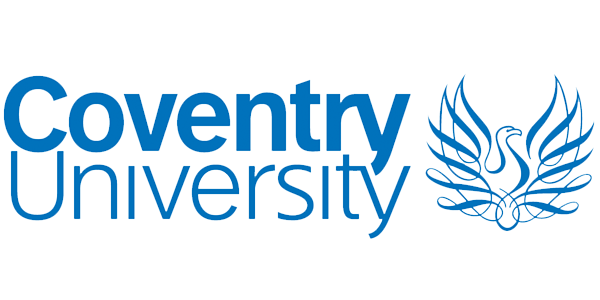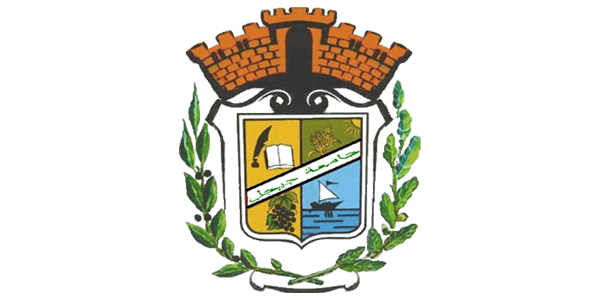Focusing on the global pandemic, our team have recently published an article about the Algerian diaspora’s impressive outpouring of collective solidarity in the UK, asking what motivates such forms of activism. The article looks at concepts of diaspora philanthropy, youth activism and citizenship. We wanted to understand, firstly, how diasporas might be enabled in supporting their communities and then the wider impacts of their crisis responses on processes of social change.
Since 2020, the global pandemic has strongly impacted on communities across the world. Algeria and the UK are no exception. Migrant communities, those far from home whether by choice or not, have been disproportionately affected. Away from families, sometimes working in insecure or temporary jobs, despite seemingly less vulnerable to the virus, young people certainly suffered. Isolation, loss of income and even losing their homes, young migrants around the world had to deal with multiple challenges just to survive.
Our strong connections spanning Algeria and the UK meant our project team were particularly concerned for the wellbeing of young people and the most vulnerable in the two countries. We were also personally connected to the communities in the UK on the frontline or worst affected by Covid.
As such, a number of us tried to launch initiatives of support. Like others, we wanted to help the health services that were struggling to cope with the numbers of patients and need for oxygen and other materials. In 2020, we launched a call for funds for hospitals in Algeria, using a video and Gofundme page. Drawing on our different networks and languages we tried to share the call and work with partners in Algeria who could ensure the funds reached those most in need.
In the process of developing and sharing our campaign, we strengthened connections to other Algerian community groups in the UK. Describing this experience, our project partner Latefa Guemar explained what we found out:
We soon realised that our efforts paled in comparison to the work the community was doing on the ground. In the first months of the pandemic, Algerian charities and small groups set up ambitious projects to provide food, counselling and advice to thousands of people in need in London and beyond in the UK.
Dr Latefa Guemar, University of East London
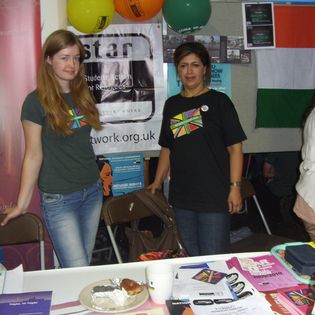
Humbled by what we saw from groups with fewer resources and means than us, we thought it could be important to document these efforts. We wanted to understand what was needed to be more effective in supporting initiatives transnationally, in the UK and in Algeria.
We designed a small research initiative, drawing on the skills and networks of our youth researchers, to interview some of the most active groups and individual Algerians in the UK who were making a difference. We followed their work on Facebook and where possible became involved in the groups to try to support and mobilise funds.
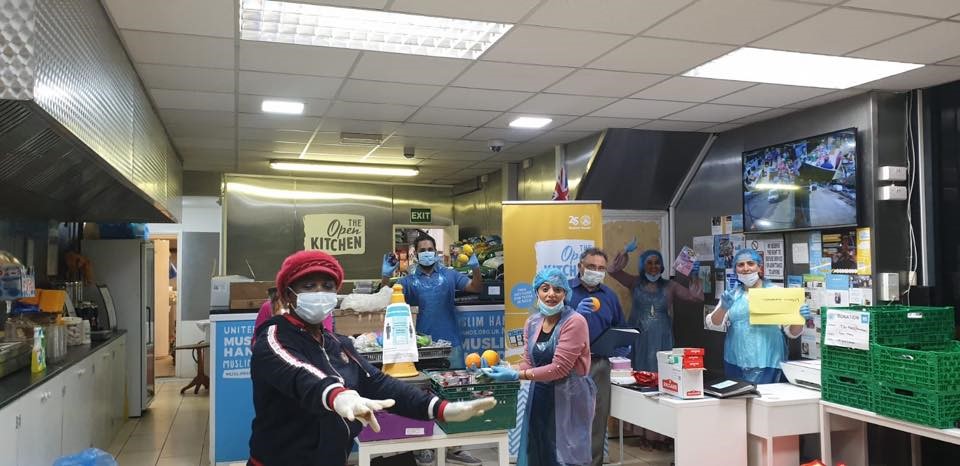
We transcribed, coded and analysed our interviews and drew out a number of themes from what people had told us. After writing our joint paper, we presented the findings in conferences on Migrant Belongings at Utrecht University and at academic conferences in the UK. We wanted to present the hard work and efforts of the Algerian community which previously had been overlooked, despite the activism and faith based solidarity we knew existed.
Young people, including the most vulnerable who had lost their jobs, were often at the forefront of these initiatives. Their efforts deserve recognition and support.
Our academic partner, youth mentor and co-author Elias Boukrami also stressed the importance of such initiatives to inspire reflection about the potential for wider transformations and recognition:
In our article, we also argue that this experience can and will contribute to new reflections about how social solidarity can transform communities in the future. The Algerian community has led by example. We are also working, along with the Algerian authorities in the UK, to provoke debate about how Algeria can better connect to, learn from and support its diasporas around the world.
Dr Elias Boukrami, Regent’s University, London
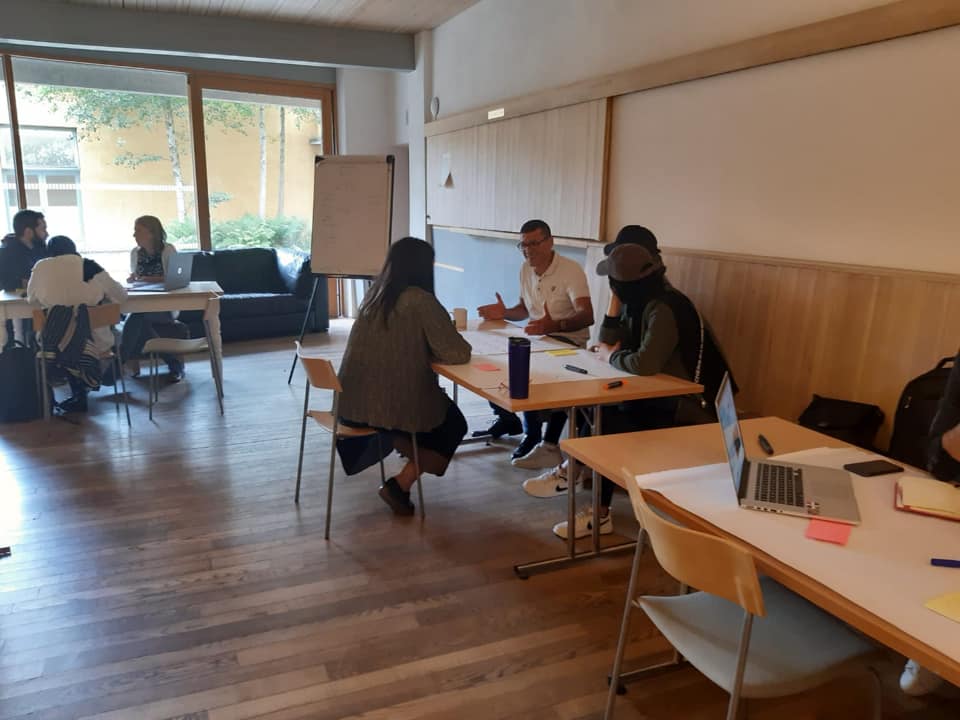
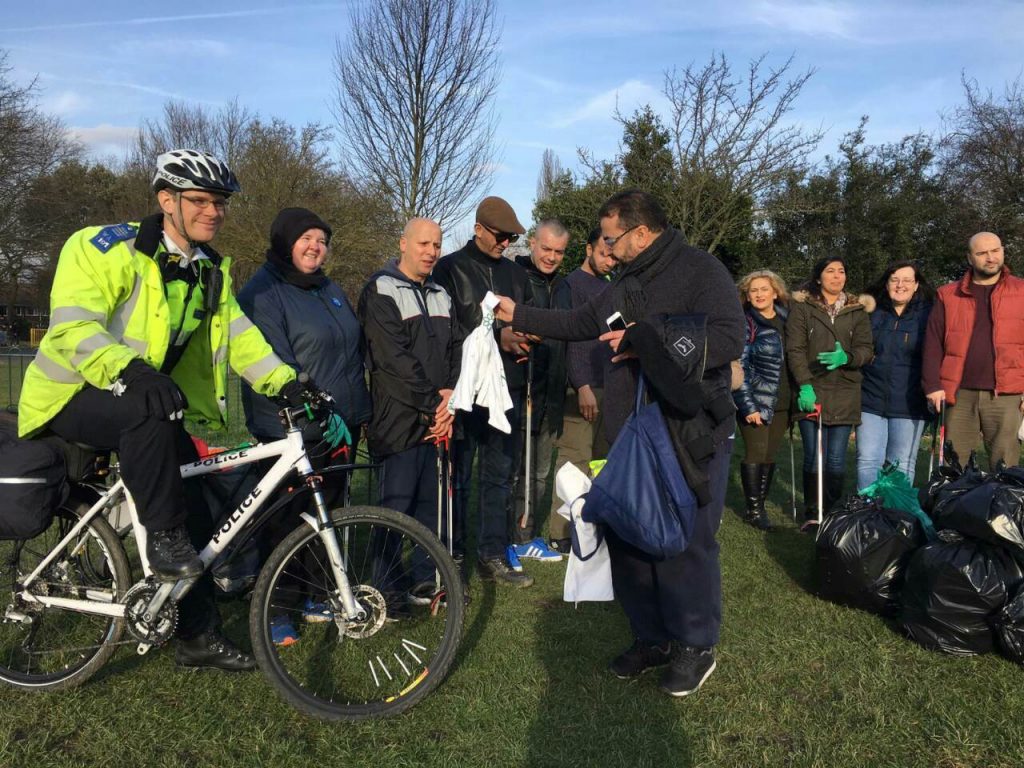
Local community group litter picks 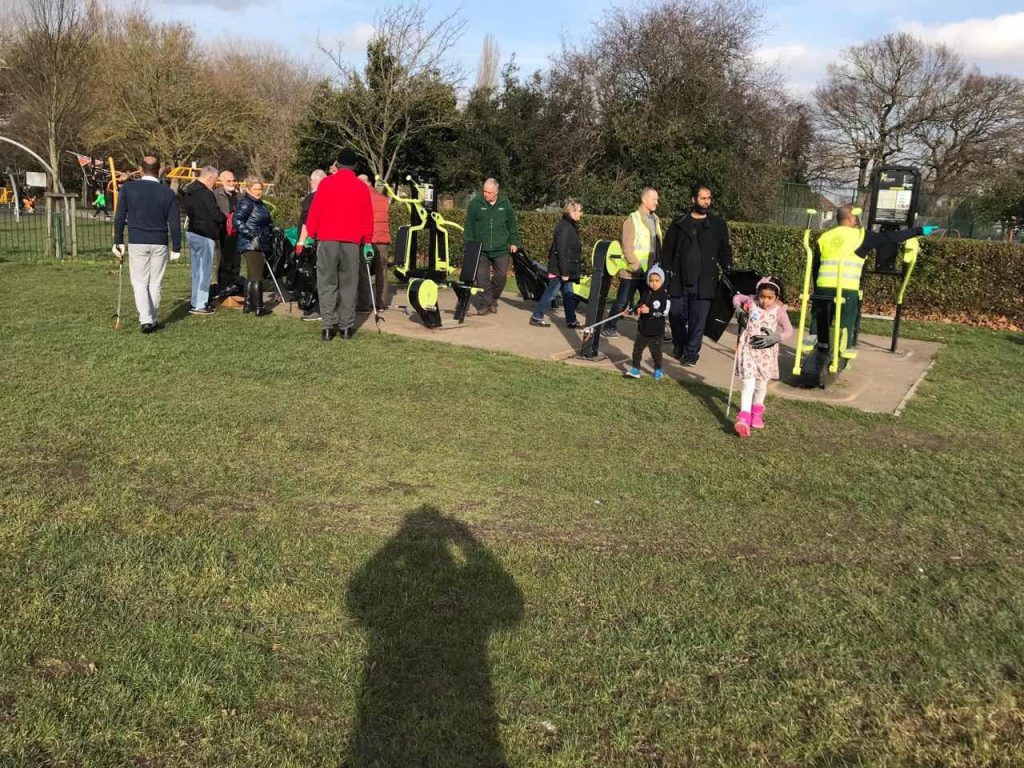
Cleaning local parks in London
We conclude suggesting that it is also important for academic and policy debates around our understanding of citizenship. Going beyond formalistic or legal understandings, we need to discuss the implications of diaspora transnational mobilisation. Academics such as Mutambasere describe diasporic activism as
active practices of civic engagement (which are) important in both host and homeland.. (which can) reshape the public spheres more broadly
Thabani Mutambasere, Diaspora Citizenship in Practice (2021)
To what extent is Algerian diaspora activism promoting shared values, as well as a sense of belonging and citizenship? We do not have the answers, but are keen to learn more, from young people in particular, on this important question and hopefully inspire further debate.
You can read our full peer reviewed article “Diaspora activism and citizenship: Algerian community responses during the global pandemic” in the Journal of Ethnic and Migration Studies here : https://www.tandfonline.com/doi/full/10.1080/1369183X.2022.2031924

